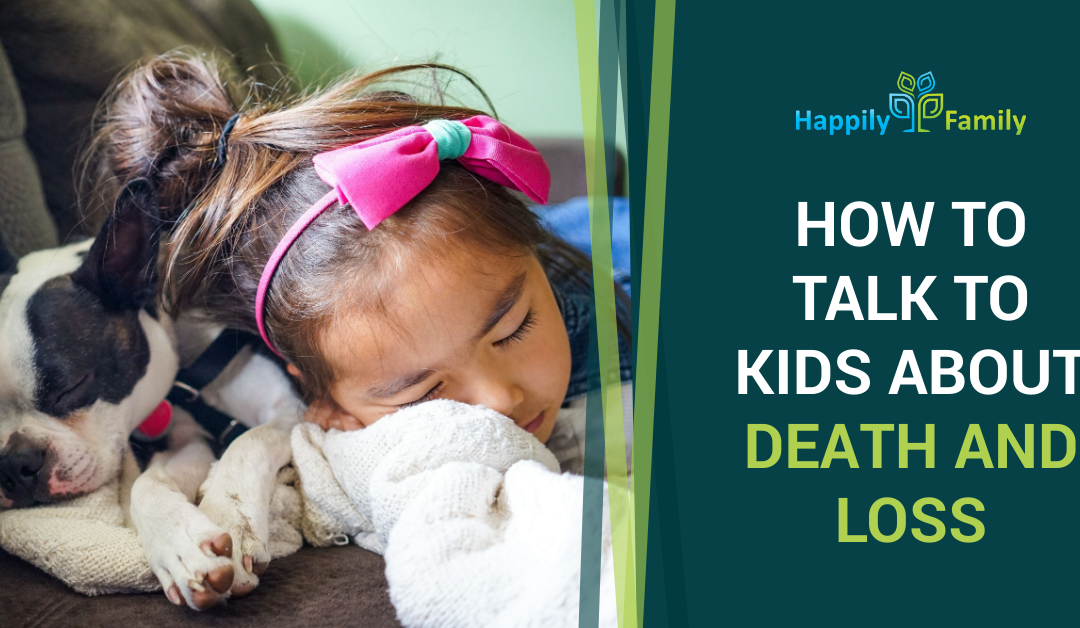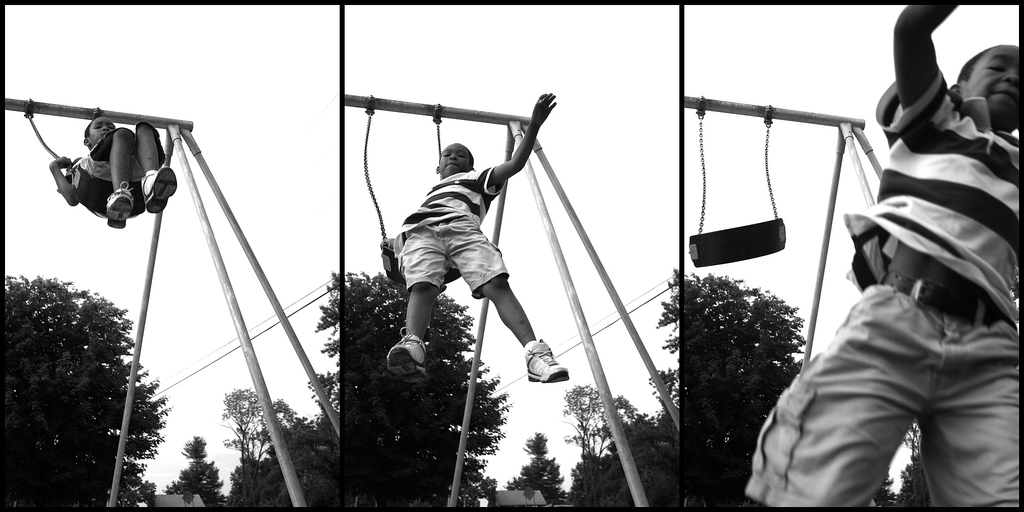When we taught preschool, we had school pets. One of the reasons pets are useful in a classroom–besides just being loveable and cute–is they gave us a natural opportunity to talk about death and grief when the pets passed away.
When a school rat or hamster died, we might have a ceremony, procession, and burial. Sometimes the kids wanted to sing songs, share memories, write stories, or draw pictures. It was often an important lesson for kids who were experiencing death and loss, perhaps for the first time.
Recently we got this question… “I am looking for advice for teaching a young child about death and helping them grieve once a loved one is lost.”
Many parents don’t talk much to kids about death… whether it’s a beloved pet or a person.
Understandably, some feel a little wobbly uncertain when trying to guide their kids through grief and loss.
You don’t have to wait for a loved one or a pet to die before you talk to your kids about death. Here are some simple steps to get you started:
Reflect on your own beliefs
Before having a conversation with kids about death, it might be useful to reflect on your own beliefs and faith. What do you believe happens after we die? Do you believe in the afterlife, the soul, reincarnation, or heaven?
Explain the basics to the kids
These may seem like obvious things to adults, but kids might not know that…
- When a person (or animal) is dead they look asleep.
- They won't eat, drink, move, breathe, or talk.
- They cannot feel, touch, hear, or see things (even if their eyes are open).
- They no longer feel pain.
- Death only happens after someone has lived a really long life, or gotten really sick, or gotten really hurt.
- Death is a natural part of life.
- When someone dies [fill in your own beliefs here]. (e.g. “Their body goes away but we remember them in our hearts”)
- Keep in mind, you don’t have to have all the answers. It’s perfectly ok to say “We don’t know for sure, but here’s what I believe…”
Use a ritual or ceremony
Just like in our preschool classroom, your kids might want to sing songs, share memories, write stories, or draw pictures to remember and honor their loved one. When a pet dies creating a ceremony or procession, or making a “headstone” that gets decorated with flowers or candles can be meaningful ways to help process the loss.
Explain grief and tears
Explaining to kids some of the basics of grief can also be helpful.
Here are some concepts that you can put into your own words…
- When a pet or loved one dies, a child might have a lot of different emotions and reactions such as denial, anger, bargaining, sadness, regret, numbness, relief, and acceptance. Sometimes these emotions seem conflicting.
- Grief is more of a process (that takes weeks and months) than an event (that has a start and a predictable end).
- Sadness after a loss, can get triggered by any number of things–seeing a photograph, smelling an aroma, hearing a song, telling a story, an anniversary or significant date–and this is a natural part of the process.
- Tears might be a part of grieving. People cry for different reasons; they might be feeling happy, sad, frustrated, or something else.
- The sadness that we feel is a sign of the love that we had for that person/pet. Even though it is painful, it’s an important part of being close and connected to others.
- People grieve in a lot of different ways. Outwardly or inwardly. Alone or with people. By being busy or by doing nothing. There is no one-size-fits-all approach.
Encourage coping
Just like with other feelings, kids might need some support to process their grief and sadness. What things does your child enjoy doing to cope? If you, or your child, need more ideas download your own copy of the calming plan. This worksheet includes a list of simple things you, or our child, can use to process your feelings.
And consider seeking professional support if a child has persistent feelings of sadness, especially if it is impacting their ability to participate in life activities.
Do you have additional suggestions to help kids process grief, sadness, and loss? Put them in the comments below.
You and I can personally talk in there if you’re struggling to figure out how to talk to your child.









